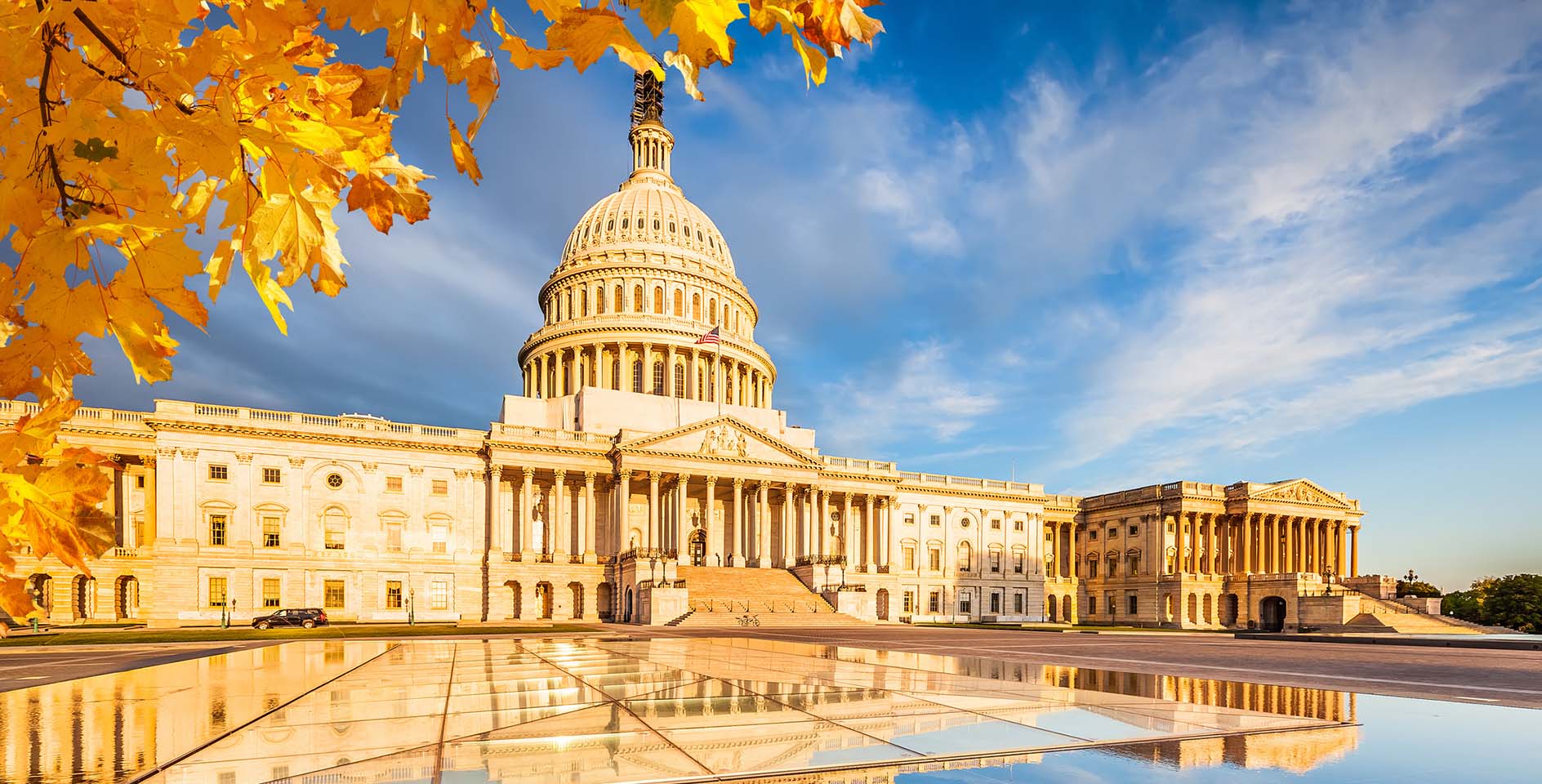It has been a great week for religious freedom – the protection for the conscience rights of every American of every faith and the free exercise thereof. Earlier this week, the Senate Foreign Relations committee held its hearing for Gov. Sam Brownback to become the next Ambassador-at-Large for International Religious Freedom. And today, the Department of Health and Human Services finally provided new rules that exempt the Little Sisters of the Poor, our fellow Baptist universities and organizations, and many other entities of many faiths who objected to the Obama era regulations forcing them to participate in health insurance policies that provide abortion-causing drugs.
Also today, the Department of Justice issued wide-ranging legal guidance that directs every part of our federal government to respect and protect our most fundamental freedoms. It’s no coincidence that this legal shift comes the same day as the Department of Health and Human Services finally provided relief from the contraception mandate to those who faithfully dissent.
We are thankful for the priority this Administration placed on religious freedom when President Trump signed Executive Order No. 13798 earlier this year. The Department of Justice’s legal memo today is the implementation and enforcement mechanism of that Executive order.
The free exercise of religion is America’s first freedom for a reason. A state that can pave over the conscience rights of any American’s beliefs is a state that can do anything. This guidance from the Department of Justice lays out the bedrock principle of freedom and places it back in the national dialogue. We welcome a continued substantive discussion about religious liberty, because we believe that religious liberty is in the best interest of all Americans.
The legal memo lays out 20 principles of religious liberty and provides instructions for federal agencies to ensure these principles are protected and implemented throughout the government. These principles are consistent with the religious liberty guidance the ERLC provided the Trump Administration earlier this year, which urged them to, among other things:
- Issue explicit guidance from the Attorney General to the Treasury Department to prohibit the revocation of tax exempt status to an organization based on its religious beliefs;
- Encourage the Department of Health & Human Services to issue the draft interim final rule providing relief to the contraceptive mandate;
- Ensure a Religious Freedom Restoration Act (RFRA) analysis is articulated in the process of all future regulations;
- Reaffirm the First Amendment to the U.S. Constitution and the Religious Freedom Restoration Act as the standard by which conflicts between the federal government and the religious beliefs or actions of citizens are adjudicated; and other ways the government can assure the government protects instead of infringes upon the religious freedom of our fellow Americans.
The religious freedom guidance issued by the DOJ today addresses all of these areas and goes even farther. Here are the 20 principles laid out in the memo:
- The freedom of religion is an important, fundamental right, expressly protected by federal law.
- The free exercise of religion includes the right to act or not to act in accordance with one’s religious beliefs.
- The freedom of religion extends to persons and organizations.
- Americans do not give up their freedom of religion by participating in society or the economy, or interacting with government.
- Government may not restrict or compel actions because of the belief they display.
- Government may not exclude religious individuals or entities based on their religion.
- Government may not target religious individuals or entities through discriminatory enforcement of neutral, generally applicable laws.
- Government may not officially favor or disfavor particular religious groups.
- Government may not interfere with the autonomy of a religious organization.
- The Religious Freedom Restoration Act of 1993 (“RFRA”) prohibits the federal government from substantially burdening any aspect of religious observance or practice, except in rare cases where the government has a compelling reason and there is not a less-restrictive option available.
- RFRA’s protection extends not just to individuals, but also to organizations, associations, and at least some for-profit corporations.
- RFRA does not permit the federal government to second-guess the reasonableness of a sincerely held religious belief.
- A governmental action substantially burdens an exercise of religion under RFRA if it bans an aspect of an adherent’s religious observance or practice, compels an act inconsistent with that observance or practice, or substantially pressures the adherent to modify such observance or practice.
- Under RFRA, any government action that would substantially burden religious freedom is held to an exceptionally demanding standard.
- RFRA applies even where a religious adherent seeks an exemption from a requirement to confer benefits on third parties.
- Title VII of the Civil Rights Act prohibits covered employers from discriminating against individuals on the basis of their religion.
- Title VII prohibits discrimination on the basis of religious observance or practice as well as belief, unless the employer cannot reasonably accommodate such observance or practice without undue hardship.
- The Clinton Guidelines on Religious Exercise and Religious Expression in the Federal Workplace provide useful examples for private employers of reasonable accommodations for religious observance and practice in the workplace.
- Religious employers are entitled to employ only persons whose beliefs and conduct are consistent with the employers’ religious precepts.
- Generally, the federal government may not condition federal grants or contracts on the religious organization altering its religious character, beliefs, or activities.
We are encouraged by the legal clarity provided through these 20 principles on religious liberty covering issues of great importance to millions of Americans. This legal memo reminds all federal agencies that people of faith do not have to leave their deeply held beliefs at the door when entering their job or public marketplace. This guidance also further enhances our churches’ legal standing if they are treated differently than other organizations by city ordinances when seeking building space and other government services.
Our Founding Fathers didn’t protect religious liberty because they agreed on everything, but because they fundamentally disagreed on so much.
No matter what your religious or political beliefs, all Americans should celebrate these principles. It’s what allows us to advocate and persuade our neighbors in the free marketplace of ideas, while loving our neighbors and serving them.









